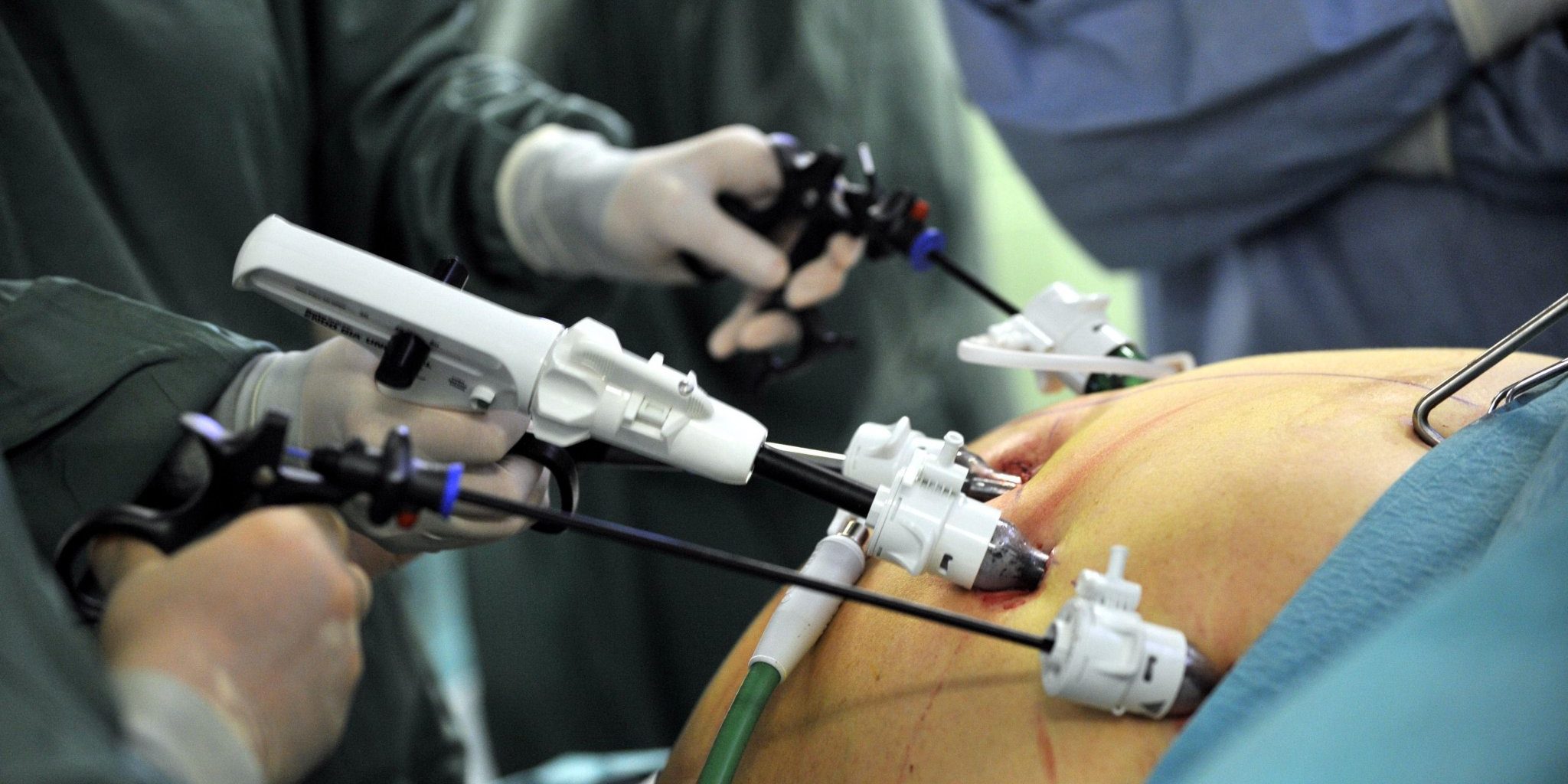Compared with usual care, bariatric surgery was associated with half the incidence of microvascular disease at 5 years for adults with type 2 diabetes mellitus (T2DM), according to researchers from Kaiser Permanente Washington Health Research Institute. The findings add to a growing body of evidence suggesting that bariatric surgery not only improves glucose, blood pressure, and lipid control, but is likely to reduce macrovascular and microvascular complications, as well as improve survival in patients with severe obesity and T2DM.
The results of the study, ‘Microvascular Outcomes in Patients With Diabetes After Bariatric Surgery Versus Usual Care: A Matched Cohort Study’, from a matched cohort study were published in Annals of Internal Medicine, from than 4,000 obese patients with T2DM who underwent bariatric surgery to determine its effect on microvascular complications. The investigators found that the risk of all microvascular complications at five years after surgery was less than half that of a matched control group of more than 11,000 obese patients who received usual medical care for their diabetes that did not include surgery. Overall, bariatric surgery was associated with significantly lower risk for incident microvascular disease at five years (16.9% for surgical vs. 34.7% for nonsurgical patients). Bariatric surgery was associated with lower cumulative incidence at five years of diabetic neuropathy (7.2% for surgical vs. 21.4% for nonsurgical patients), nephropathy (4.9% for surgical vs. 10.0% for nonsurgical patients), and retinopathy (7.2% for surgical vs. 11.2% for nonsurgical patients).
Research has shown that about half of people with diabetes and severe obesity who get bariatric surgery maintain long-term glucose control without medication. But for many patients, avoiding microvascular complications affecting the nerves of the feet and hands (neuropathy), the kidneys (nephropathy), and the eyes (retinopathy) is of greater concern.
According to the researchers, these results suggest that everyone with diabetes and severe obesity should have a conversation with their doctor about whether bariatric surgery is a reasonable treatment option for them, weighing the risks and benefits. Contact Health Travel Guide professionals, and we’ll connect you with the best bariatric surgeons in Latvia.
The study was primarily funded by the National Institute of Diabetes and Digestive and Kidney Diseases.
This article was originally published at http://www.bariatricnews.net








